Why we ran it: To discover the similarities and differences between this plug-in hybrid Vauxhall Astra and the 1.2-litre three-pot petrol
Month 6 - Month 5 - Month 4 - Month 3 - Month 2 - Month 1 - Specs
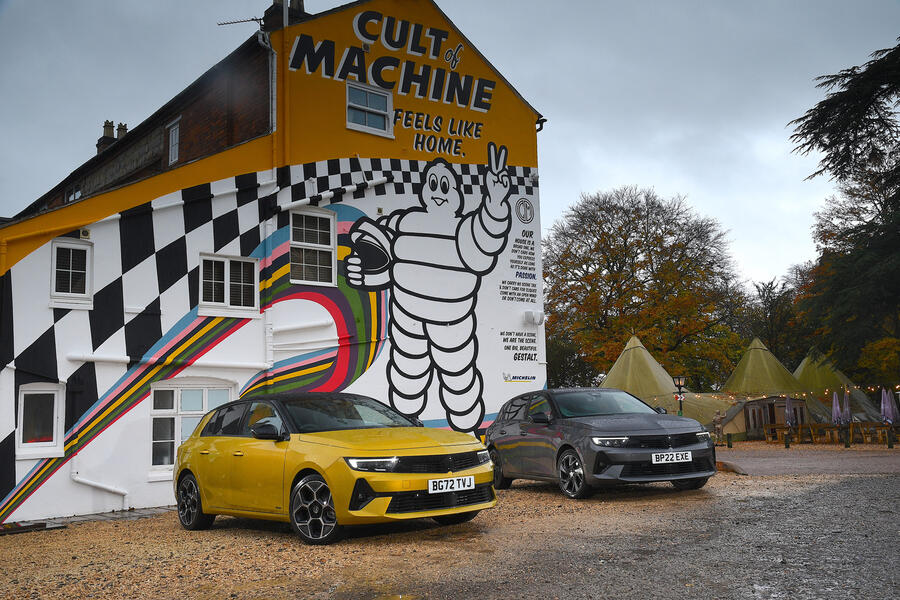
Life with a Vauxhall Astra: Month 6
Did the plug-in hybrid get under our skin and restore belief in C-segment saloons?
It's the Vauxhall Astra Ultimate PHEV’s urgent body colour – called Electric Yellow – that I’ll miss most, but that comment is certainly not meant to denigrate a car I have enjoyed, will remember fondly and have happily used to amass 10,000 miles.
Apart from an embarrassing incident when, through inattention, I lunched two of its wheels and tyres by inadvertently running them hard against a kerb, the Astra has proved to be entirely reliable, impressively frugal and – without fail – fun to be in.
Yet my first yellow car in half a century has taught me interesting lessons about the power of colour: bright paint is so great for making your car look interesting that you’re more inclined to keep it clean, and it also gives you a huge practical advantage when you’ve parked your car among thousands of others, say at Goodwood.
This was my second Astra in a row, and the choice was made very deliberately. The first car was powered by a zingy 1.2-litre three-pot engine, which made it a decent and sporty-sounding performer through most of the performance envelope when allied with a six-speed manual gearbox.
The idea of the second Astra was to compare petrol with plug-in hybrid – on the grounds of efficiency and practicality – because much about the PHEV was different: more weight (1678kg against 1266kg), more cylinders from a bigger engine and an on-board electric motor assisting the 1.6-litre (and recuperating energy).
It was fascinating to discover, therefore, that these two diverse Astra models should congregate so closely in the same space. The first one struck me as a sweet and uncompromised vehicle, a great reason why a declining market sector (C-segment saloons) doesn’t deserve its demise. By comparison, I was pretty sure that the PHEV, around £8000 more expensive, would feel heavier and coarser.
Except it wasn’t nearly so simple. Without running the cars literally toe to toe, it wasn’t even possible to say which was best. They seemed that close. Of course, the PHEV had the better step-off performance, especially given the presence of electric assistance that more than offsets its extra weight. The cars seemed to ride about the same, with good body control supported by well-chosen damping. Both had crisp and positive steering with impressive turn-in.

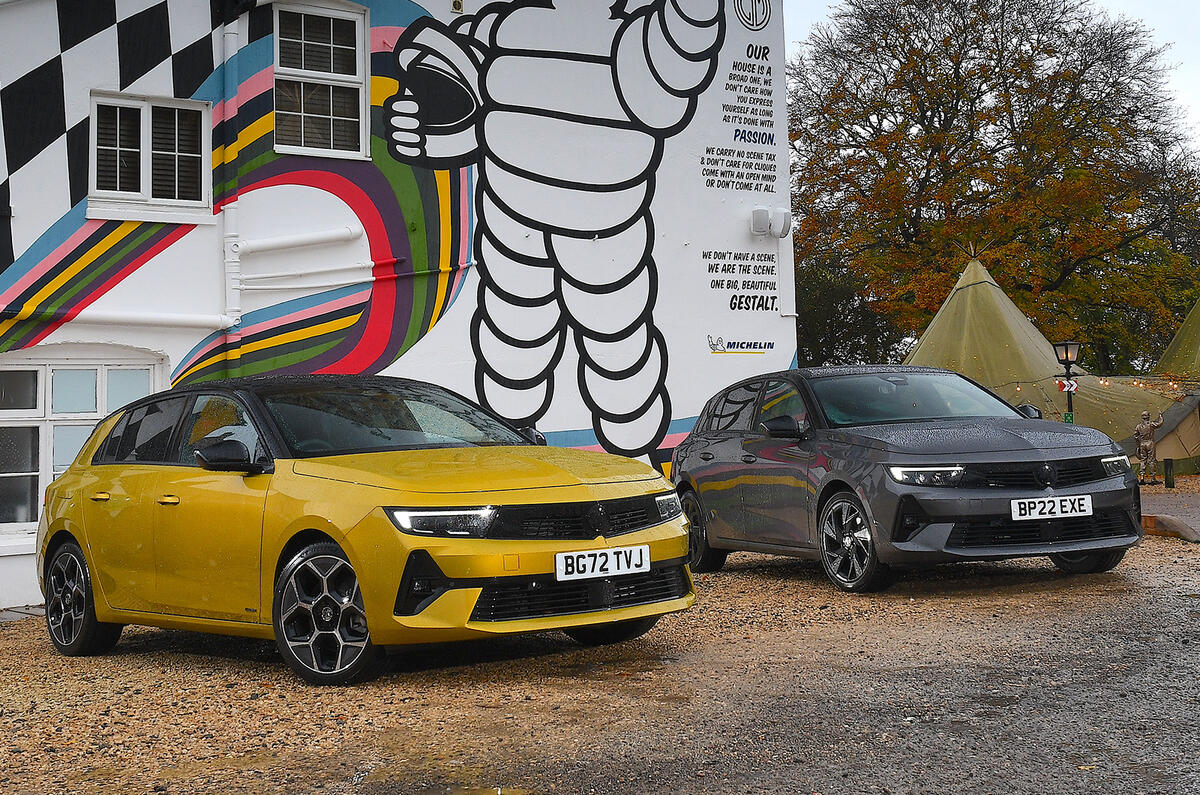
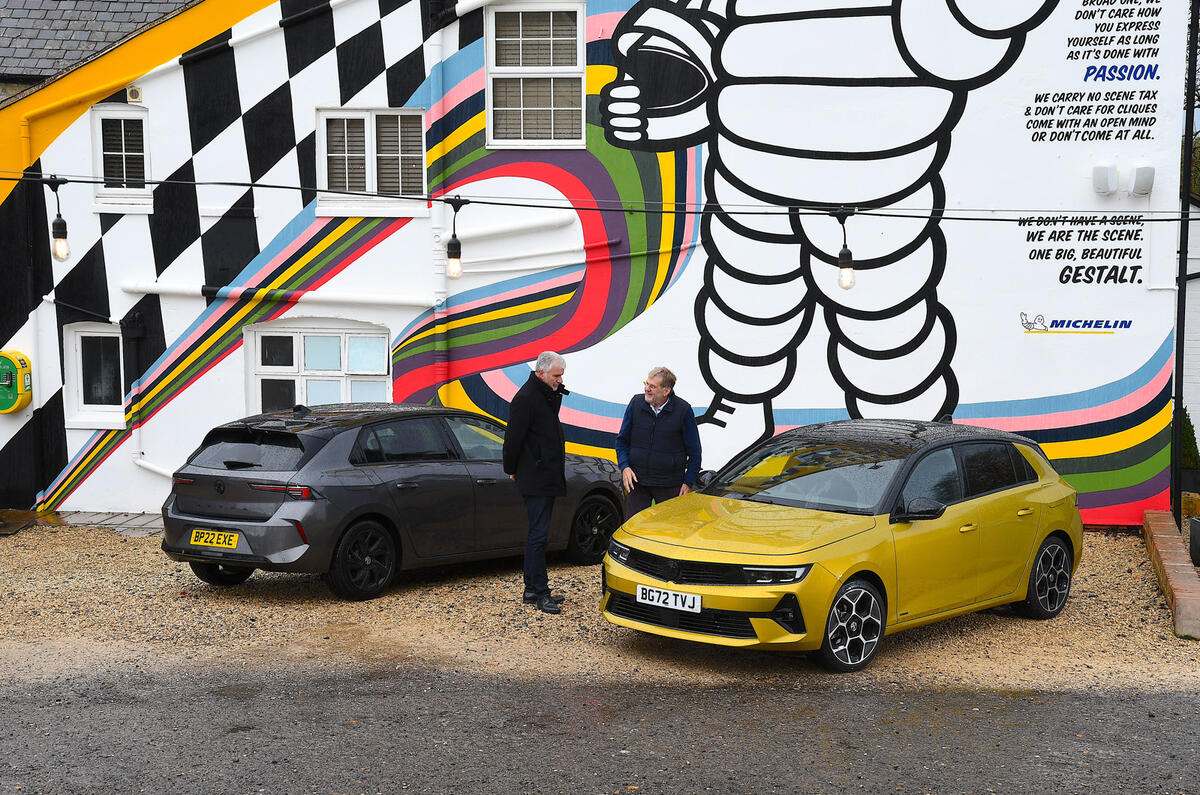
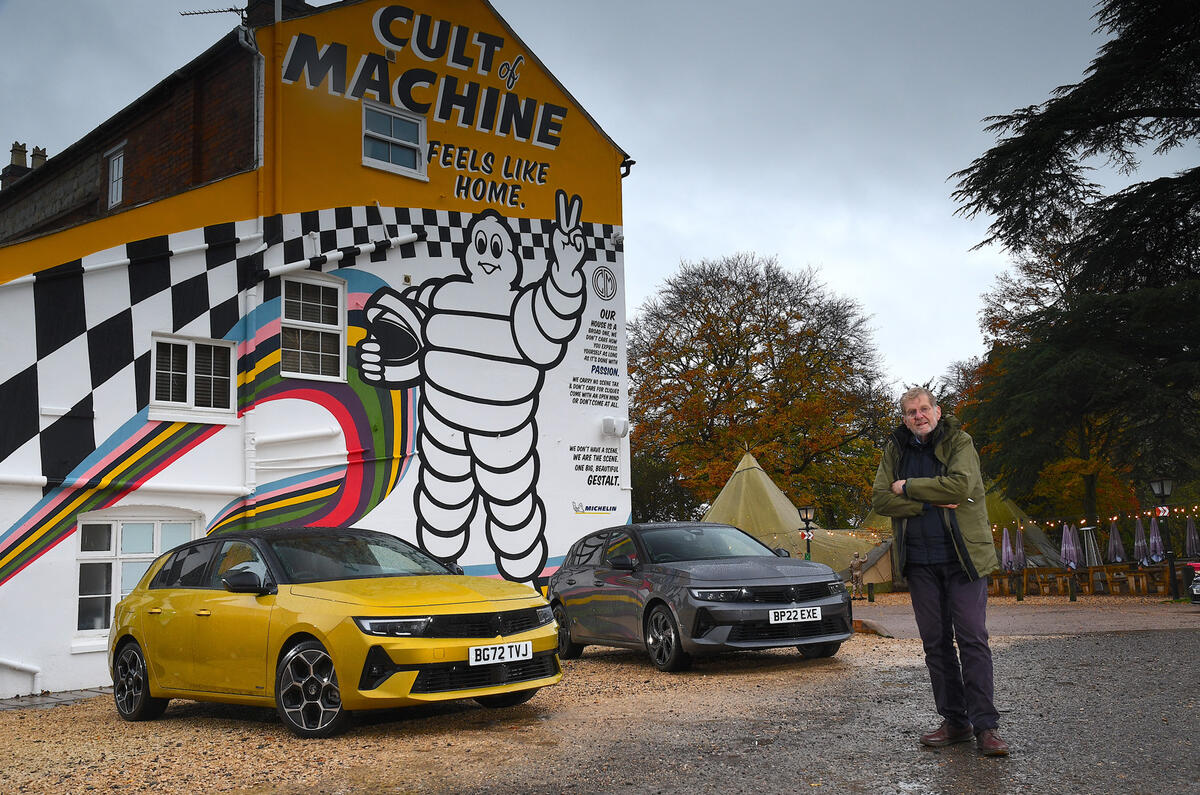
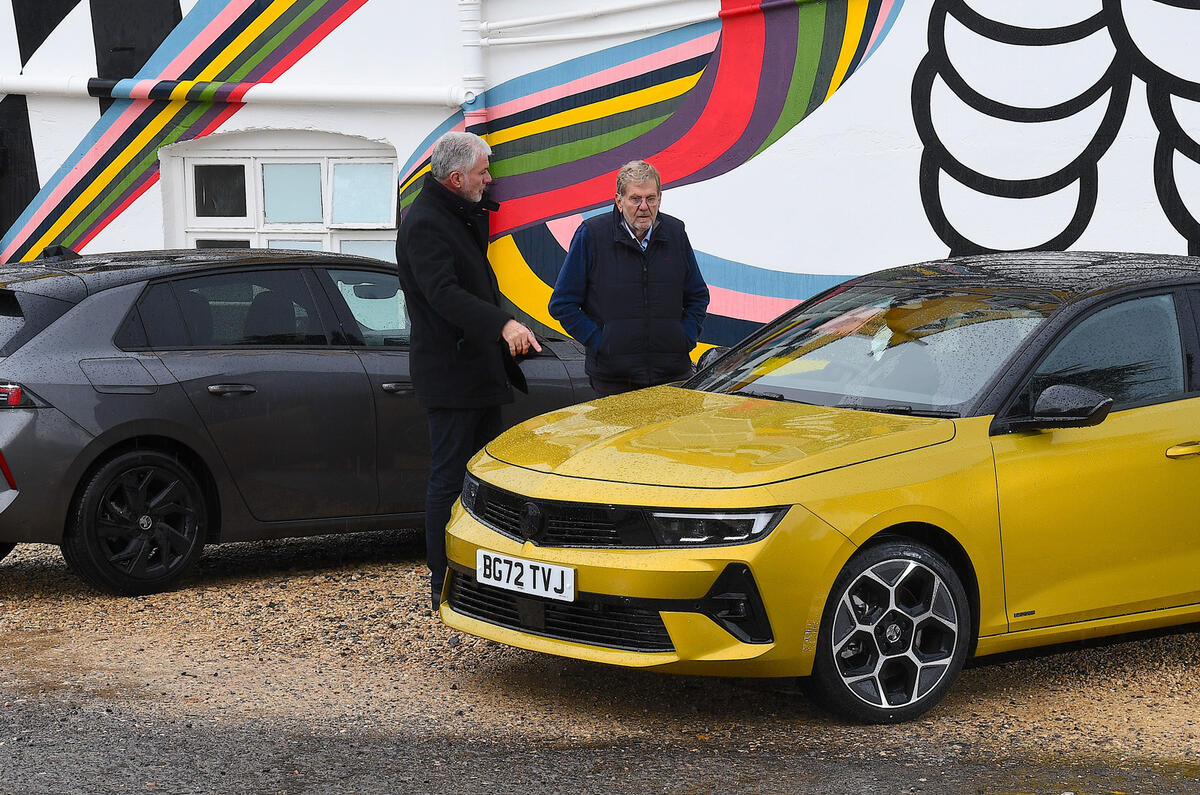
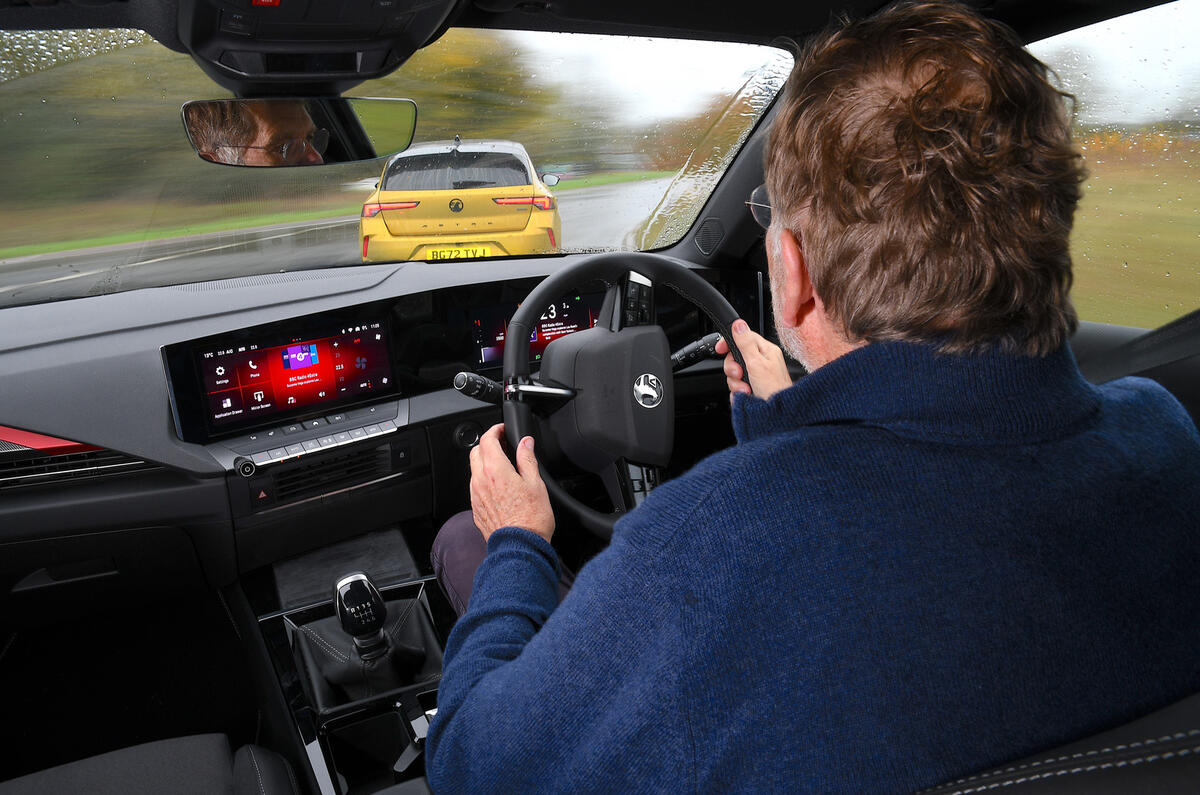

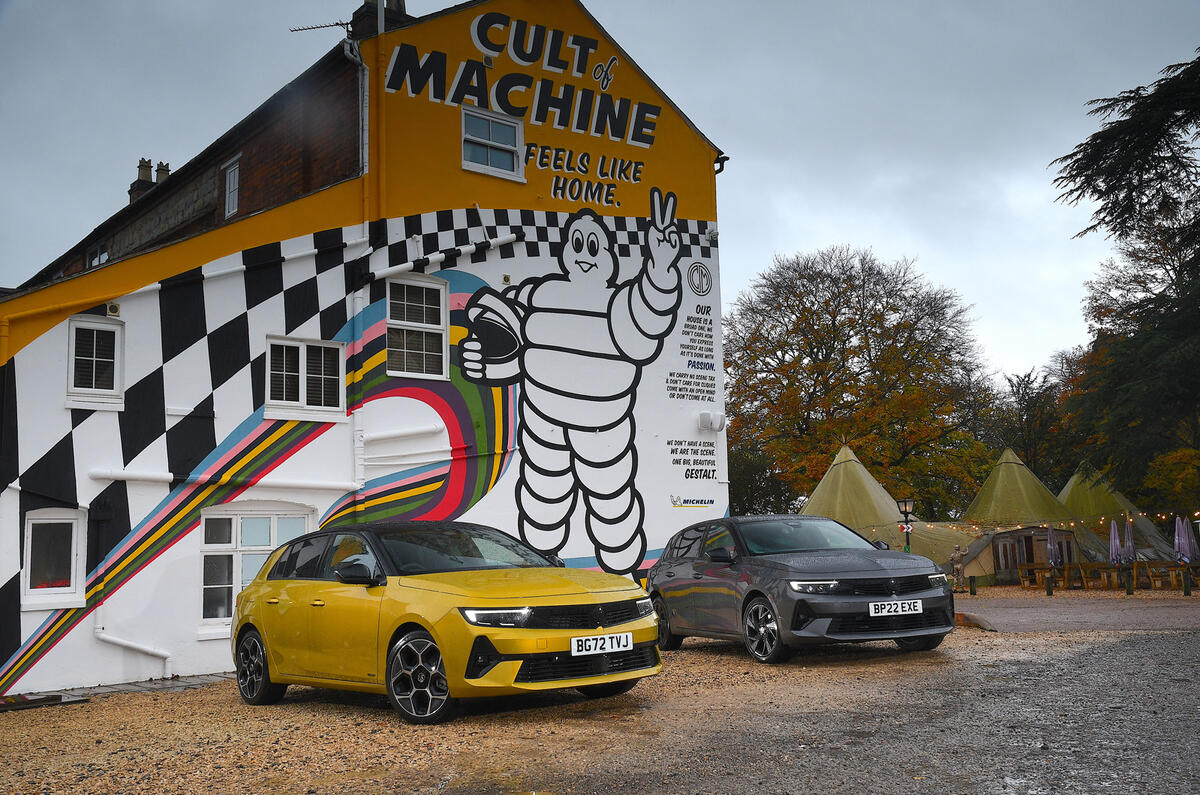
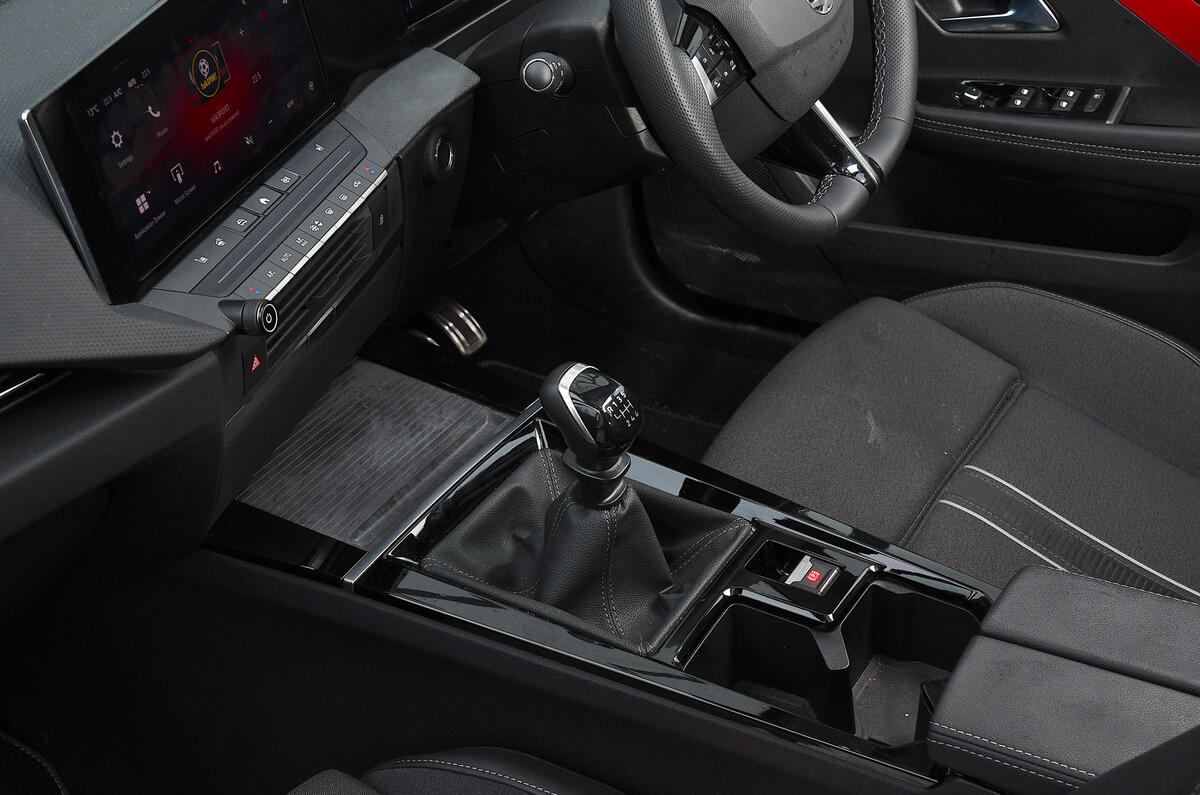
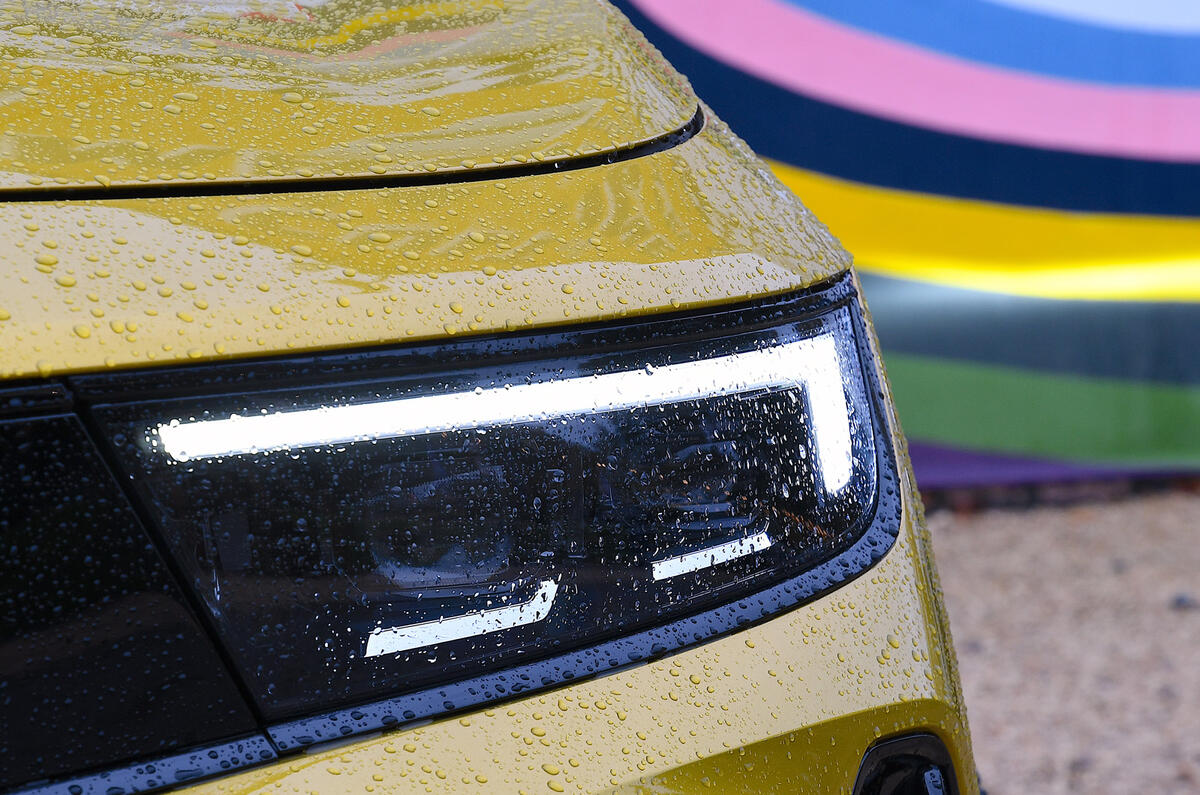
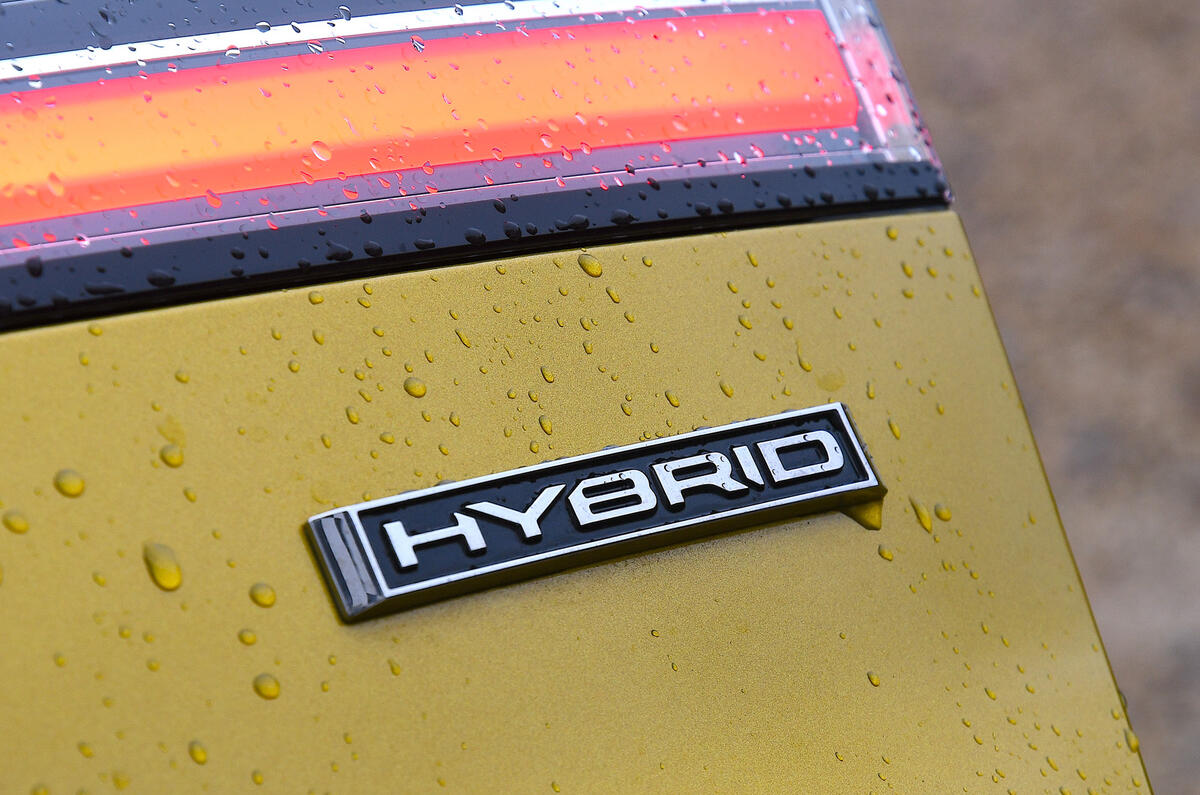
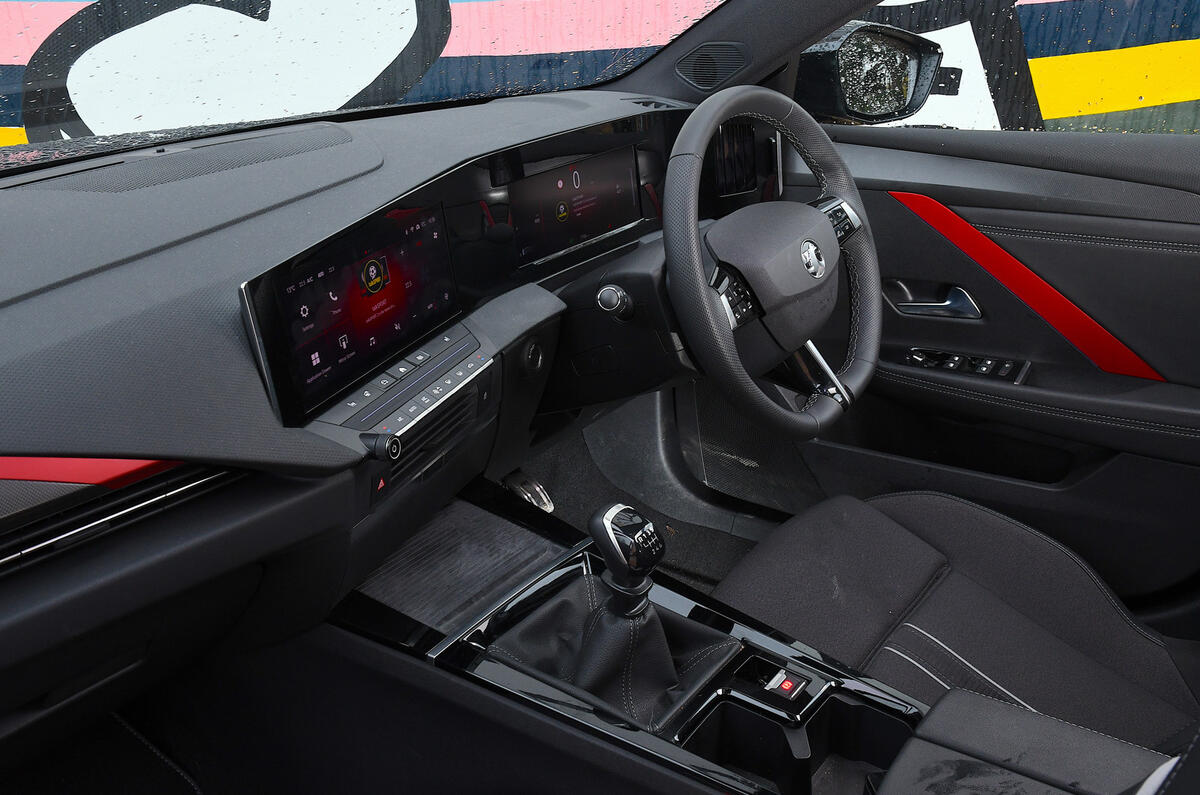
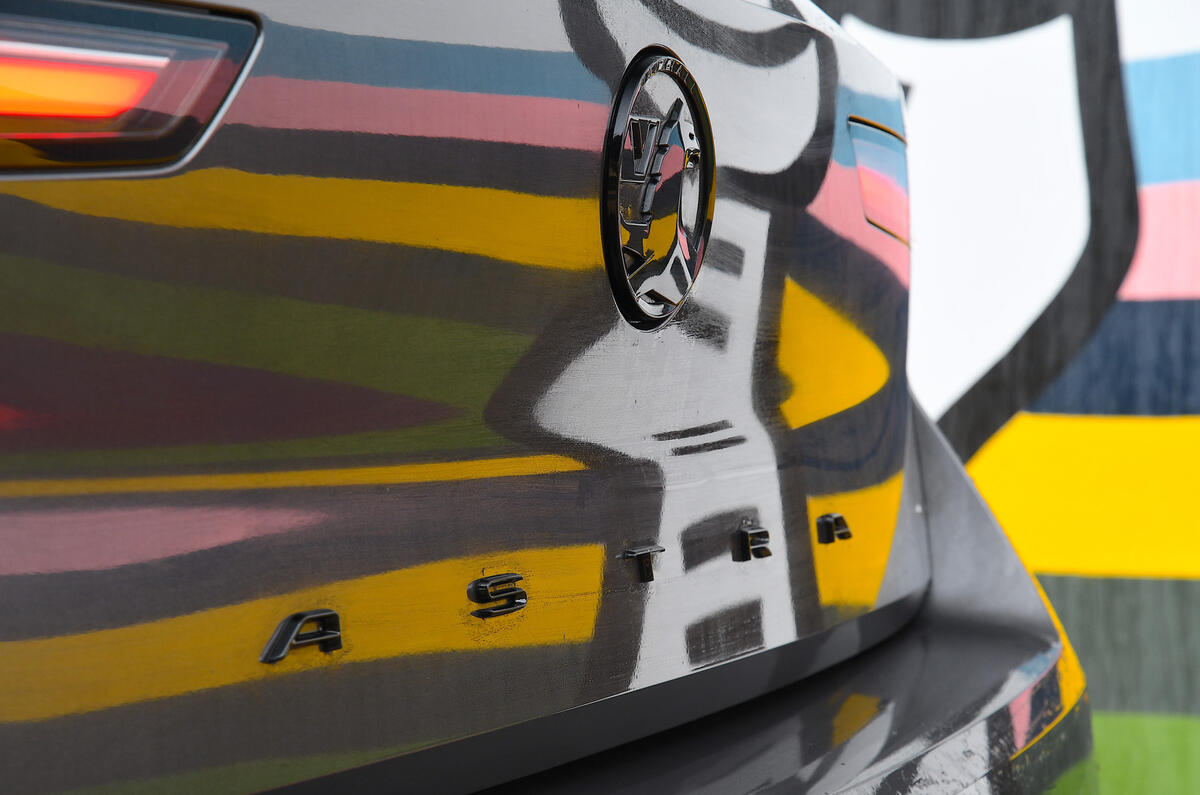
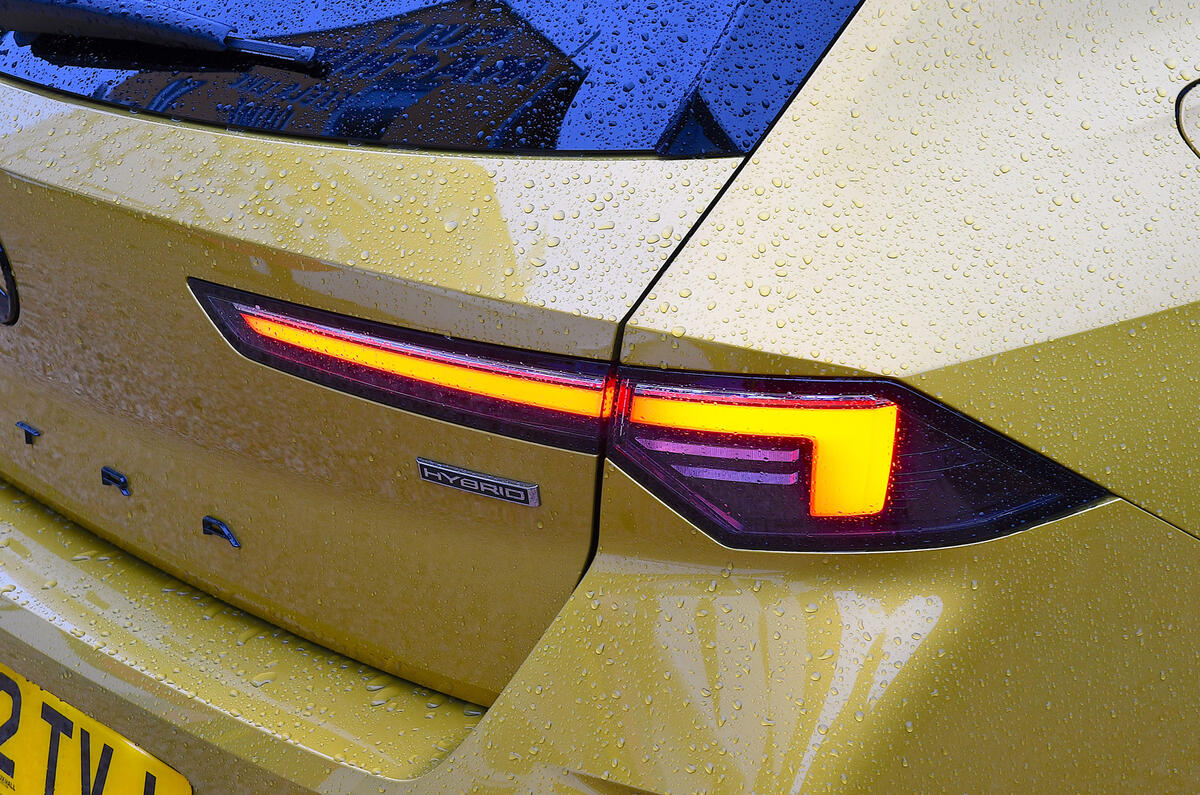
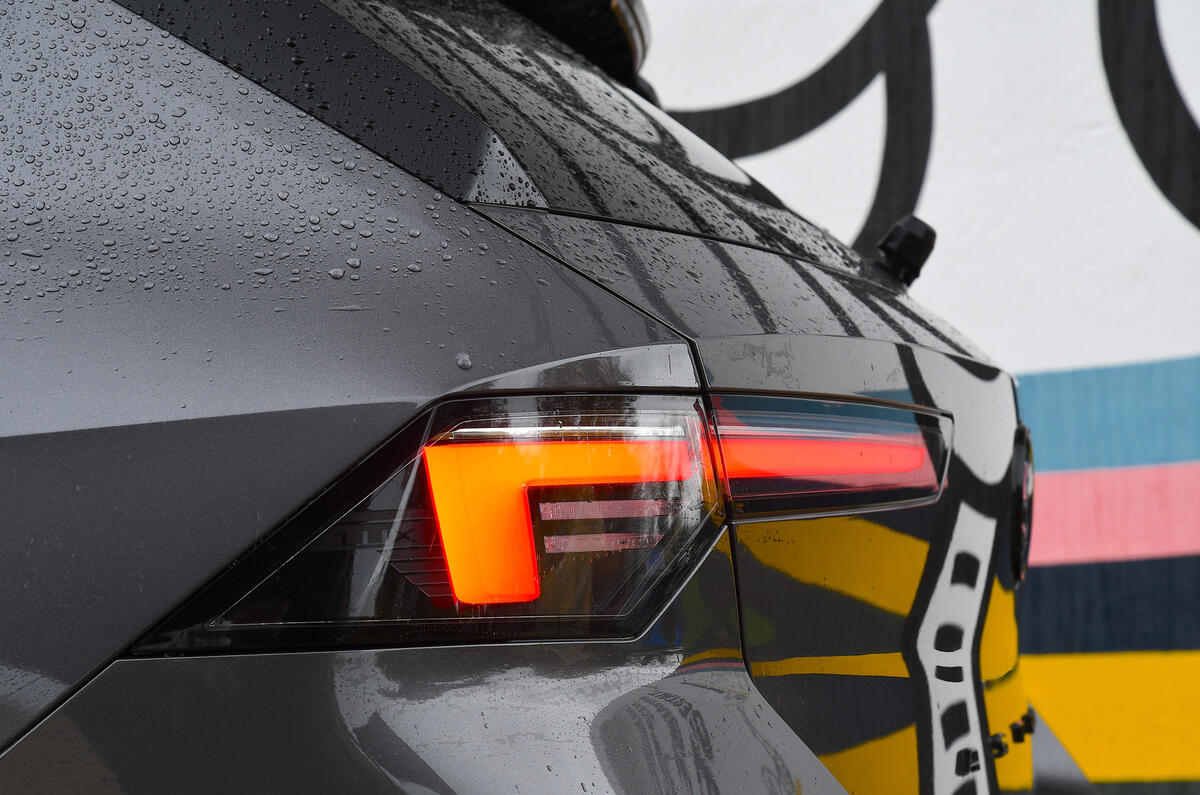
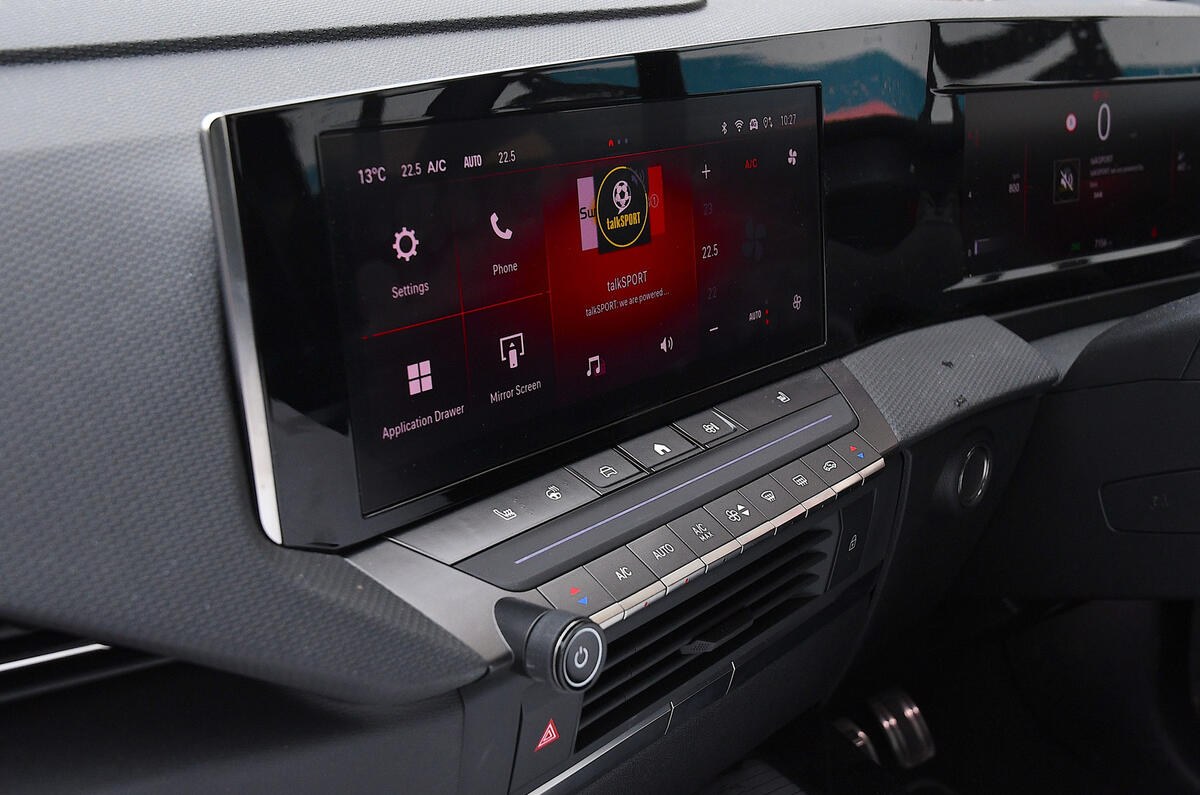
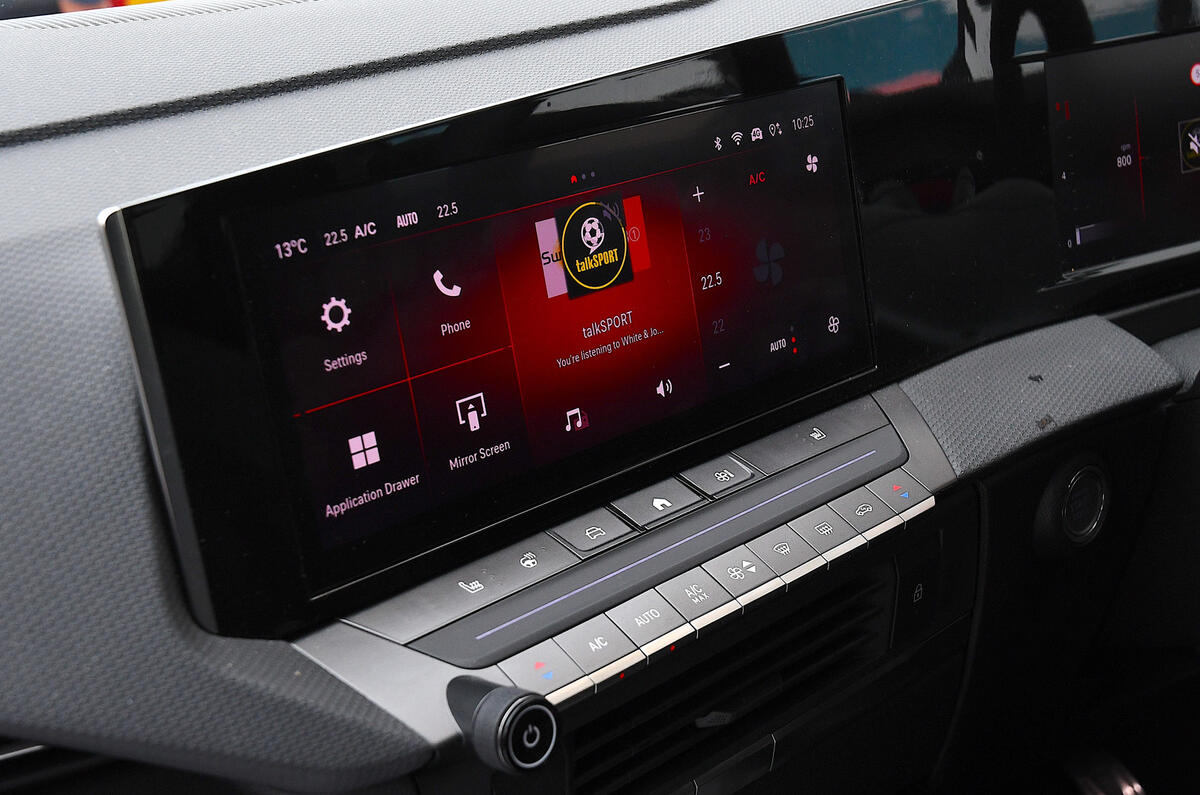
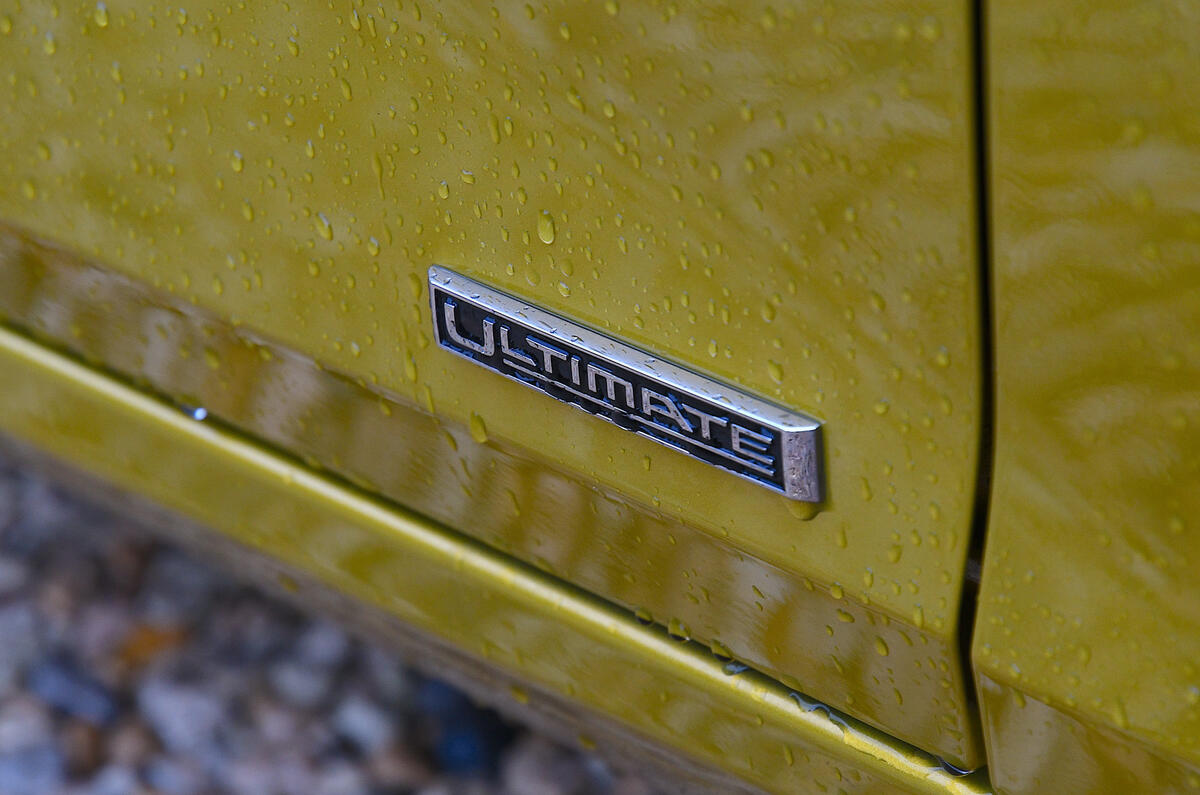
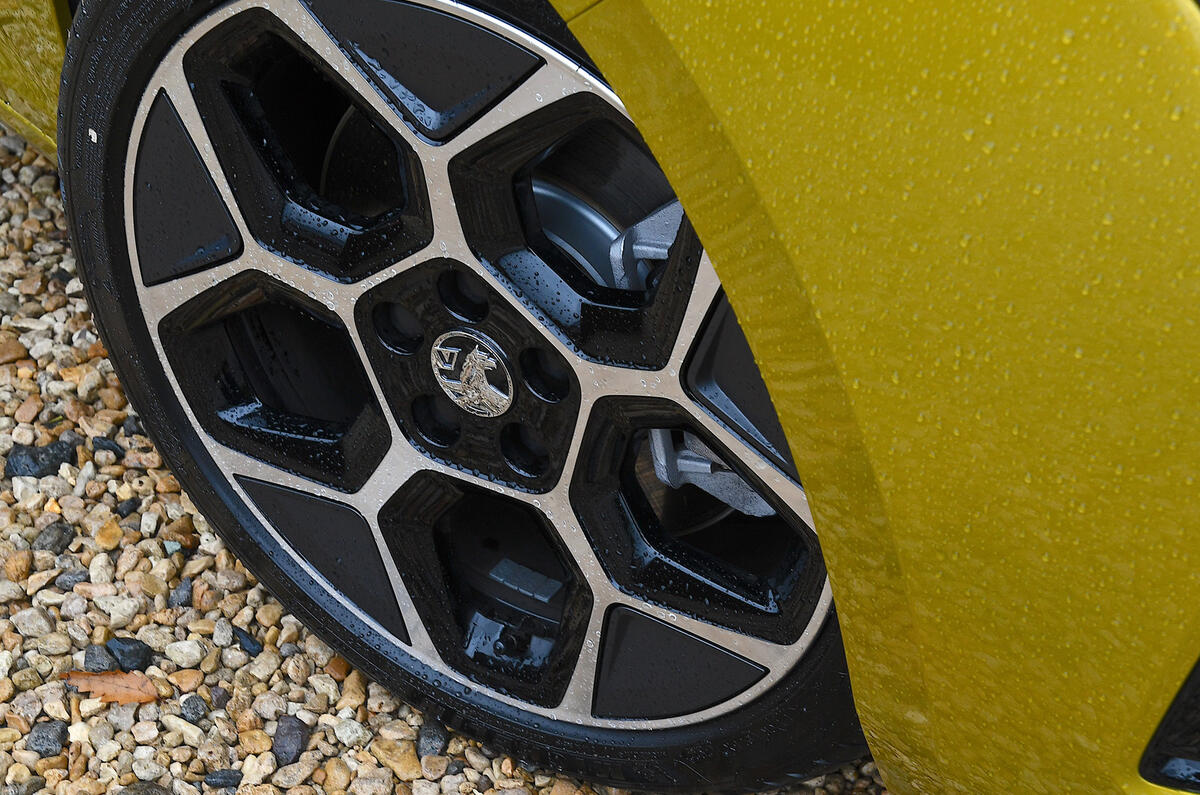












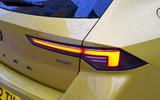






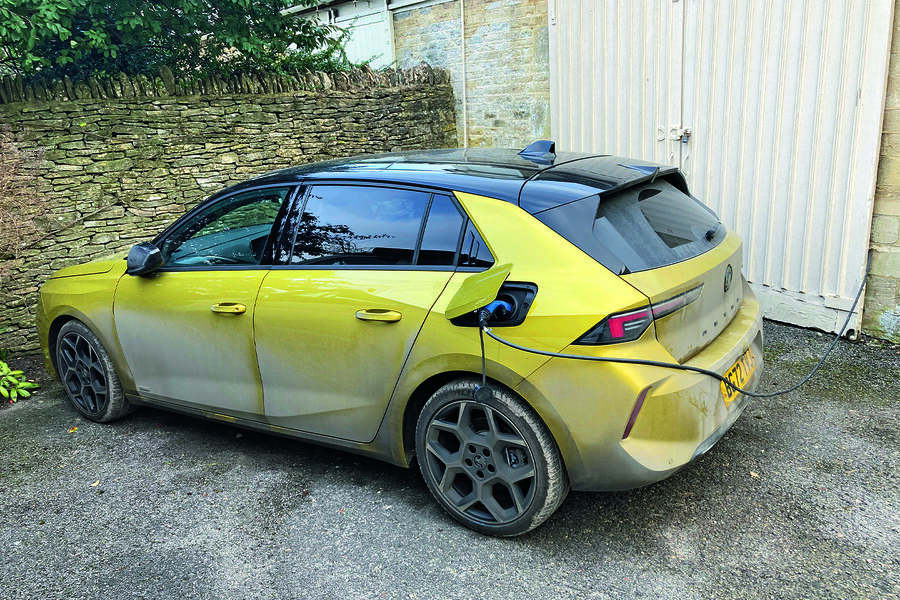






Join the debate
Add your comment
Month 6, the myth of the phev being blown apart, again. 400kg heavier and returns the same mpg as the petrol, and, that's not including the electricity costs so it's actually worse. Good luck getting that 8k premium back for the phev.
Tax dodgers only please.
Having run a 2021 BMW PHEV for more than two years I totally understand the confusion over the equivalant mpg, the frustration of lower winter electric range and the difference between local urban running and longer distance travel.
It can be quite a mental exercise to maximise the electric use of a PHEV (electric running is still cheaper than petrol in equivalanet terms and therefore worth the effort to save day to day running cost).
At times i got over 80mpg equivalent on a mixed journey of 80-100 miles when starting with a fully charged battery. I have also ssen journeys in the mid 40's on motorways at 70mph, when the electric motor gets used very little.
Overall, my car registered an mpg equivalent taking account of electricity costs, of 58mpg (so quite like diesel economy) and the distribution between electric only and petrol distance has been pretty much 50:50
So, recently I have transitioned to a Tesla model 3, mainly due to frutration with the 25-35 mile electric range of the PHEV. I am relishing the over 4 miles per Kwhr as opposed to the average 2.5miles per Kwhr of the BMW battery and the faster charging capability (as well as tax advantages). My running costs are now approximately 7p per mile (calculated on standard tariff of 32p per Kwhr) as opposed to 13p per mile with the PHEV and 18p per mile with my previous petrol BMW.
So, ICE, PHEV or full EV? It's very much pay your money and take your choice at the moment. There is no compelling argument for hybrids or EV's in my view despite the running cost savings, given their higher initial cost and questionable green credentials, (manufacture to recycling) until a further step forward in battery chemistry/technology comes along.
I’ve made42,000usd so far last year working online.I kept hearing other people tell me how much money they can make online so I decided to look into it. It’s really user friendly and I’m just so happy that I found out about it.. .. go to this site home tab for more details……COPY THIS WEBSITE .:)HERE..... www.jobsrevenue.com